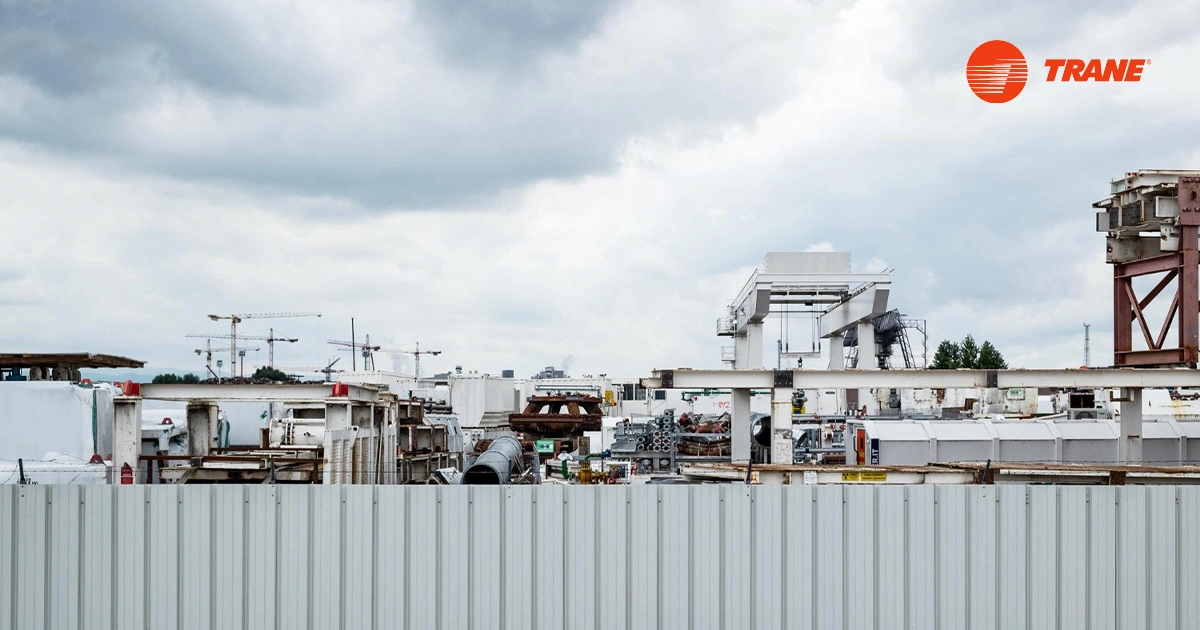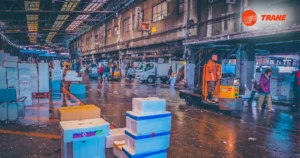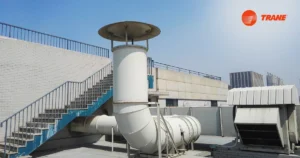Oman’s unforgiving summer heat, with temperatures frequently climbing beyond 45°C, poses significant challenges for industries that depend on reliable climate control. For sectors such as food processing, healthcare, logistics, and hospitality, maintaining stable cooling conditions is not just about comfort — it is about protecting assets, preserving quality, and ensuring uninterrupted operations. To address these high-stakes demands, many businesses are investing in refrigerated containers, a versatile solution that delivers portable, scalable, and efficient cooling when and where it is needed most.
The Rising Pressure of Oman’s Climate
Oman’s geography combines long summers, intense humidity along the coast, and arid desert conditions inland. These extremes strain conventional cooling infrastructure, often pushing permanent systems beyond their intended limits. For example, hospitals that house sensitive equipment, retail chains operating in remote areas, and food distributors managing perishable inventory all require dependable cooling regardless of the environment. Without a flexible solution, businesses risk operational breakdowns, financial losses, and reputational harm.
Refrigerated Containers as a Strategic Asset
The adoption of refrigerated containers is growing rapidly because of their ability to deliver reliable cooling in varied conditions. Unlike fixed systems, containers can be deployed in temporary or remote locations, supporting businesses during seasonal demand spikes, emergencies, or large-scale projects. Their plug-and-play design minimizes setup time, while their energy-efficient engineering reduces operating costs. For companies under pressure to protect their bottom line, refrigerated containers are not just a temporary solution — they are a strategic asset that supports long-term growth and resilience.
Applications Across Critical Industries
Oman’s diverse economy benefits from containerized cooling in multiple sectors:
- Healthcare: Clinics and hospitals use containers to create overflow storage for temperature-sensitive medicines and vaccines during peak demand.
- Hospitality: Hotels and resorts ensure guest satisfaction by storing food and beverages in controlled environments, even during high-occupancy events.
- Food Logistics: Distributors of dairy, poultry, and seafood rely on refrigerated systems to maintain product quality during transport across Oman’s varied terrain.
- Retail: Supermarkets and convenience stores use containers to manage seasonal surges, such as the holy month of Ramadan, when consumer demand spikes.
Each of these industries highlights how flexible cooling infrastructure can mitigate risks while improving service delivery.
Meeting Export and Trade Demands
Oman’s ambition to expand its role as a regional trade hub depends heavily on maintaining strict quality standards for food and pharmaceutical exports. International buyers require assurance that goods have been stored under consistent, regulated temperatures. By integrating refrigerated containers into their supply chains, Omani exporters gain a competitive edge, demonstrating compliance with global standards while reducing the risk of spoilage and returns. This reliability strengthens Oman’s reputation as a trusted supplier to markets across the Middle East, Asia, and Europe.
Supporting Temporary Cooling Needs
Not every business challenge is long-term. Construction projects, seasonal festivals, and infrastructure upgrades often demand temporary cooling that permanent systems cannot deliver. Refrigerated containers offer unmatched flexibility, allowing businesses to scale up capacity for a defined period without investing in costly permanent installations. Trane Oman provides rapid deployment options, ensuring that businesses can respond quickly to short-term requirements without compromising quality or efficiency.
Enhancing Sustainability in Harsh Environments
Sustainability has become a defining priority for Oman as it advances toward its Vision 2040 goals. Energy efficiency and environmental responsibility are no longer optional — they are expected. Refrigerated containers offered by Trane Oman are designed with eco-friendly refrigerants, optimized compressors, and advanced monitoring systems. These features lower emissions and reduce operating costs, enabling businesses to align with both local and global sustainability expectations while protecting profitability.
Business Continuity Through Reliability
Downtime in Oman’s heat is costly. Whether it is a factory line that must stop production, a shipment of seafood that risks spoiling, or a hotel facing dissatisfied guests, the consequences of cooling failure are severe. With robust design and consistent performance, refrigerated containers mitigate these risks by delivering dependable cooling capacity. Paired with Trane’s technical expertise and support, businesses gain peace of mind knowing that their cooling systems are monitored, maintained, and ready for any challenge.
Why Trane Oman Is the Partner of Choice
Trane Oman is not simply a provider of equipment. It is a partner that delivers end-to-end solutions tailored to the region’s unique conditions. Services include site assessment, customized system design, installation, and continuous technical support. By combining global engineering expertise with a deep understanding of Oman’s climate, Trane ensures that businesses across industries receive solutions that are both reliable and future-ready.
Closing Thought
Oman’s extreme climate demands cooling solutions that are resilient, efficient, and flexible. Businesses that adopt Trane’s solutions gain more than equipment — they gain continuity, confidence, and competitiveness. With its focus on innovation and unmatched expertise in chiller service, Trane Oman stands as the trusted partner for organizations determined to thrive under the most challenging conditions.




